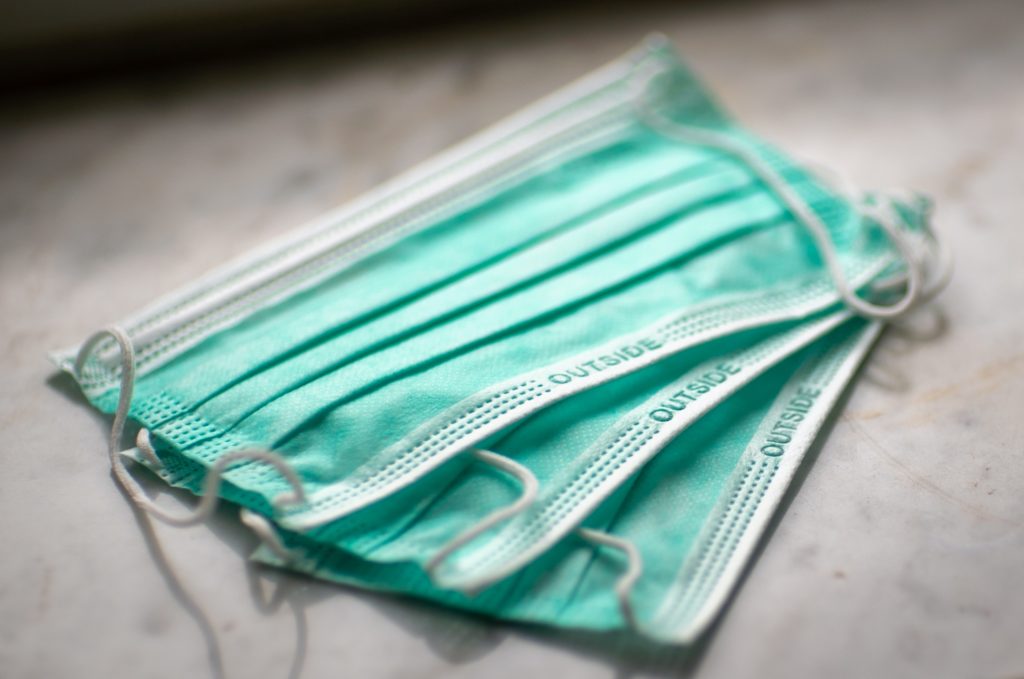Purchase limit on masks, disinfectants not yet lifted – DTI

Face masks | Stock Photo
CEBU CITY, Philippines – The Department of Trade Industry in Cebu (DTI – Cebu) announced on Friday, June 26, that their central office has already removed the quantity limit for the purchase of products such as toilet paper, local canned sardines, instant noodles, bath soap, milk, and instant coffee that are sold in sachets based on a memorandum circular issued on June 22.
But the policy does not apply to disinfectants, alcohols, hand sanitizers, and face masks among others.
This means that buyers of these products will still be limited to a maximum of five bottles for those weighing one liter and less, and three bottles for those that weigh more than one liter each.
Likewise, shops are advised to ensure that customers will only purchase one box containing 50 pieces of face masks at a time.
Last March, DTI ordered a purchase limit on several essential goods to prevent hoarding and panic buying as most Cebuanos were in a hurry to purchase supplies as cases of the coronavirus disease here started to increase.
But on June 22, DTI issued Memorandum Circular No. 20-36, lifting the purchase limit after considering that the threats of hoarding and panic-buying have lessened as the most parts of the country have shifted to a more relaxed general community quarantine (GCQ) to reopen the economy.
“There is a need to invigorate and restore the economic activities and allow businesses a fair return of their investments while balancing the health of the people,” stated the memo that was signed by DTI Secretary Ramon Lopez.
Cebu City, considered as the hub for commercial and economic activities in the Visayas region, is the lone city in the country to be reverted back to enhanced community quarantine (ECQ) due to the recent spike of coronavirus disease 2019 (COVID-19) cases. / dcb
Disclaimer: The comments uploaded on this site do not necessarily represent or reflect the views of management and owner of Cebudailynews. We reserve the right to exclude comments that we deem to be inconsistent with our editorial standards.

